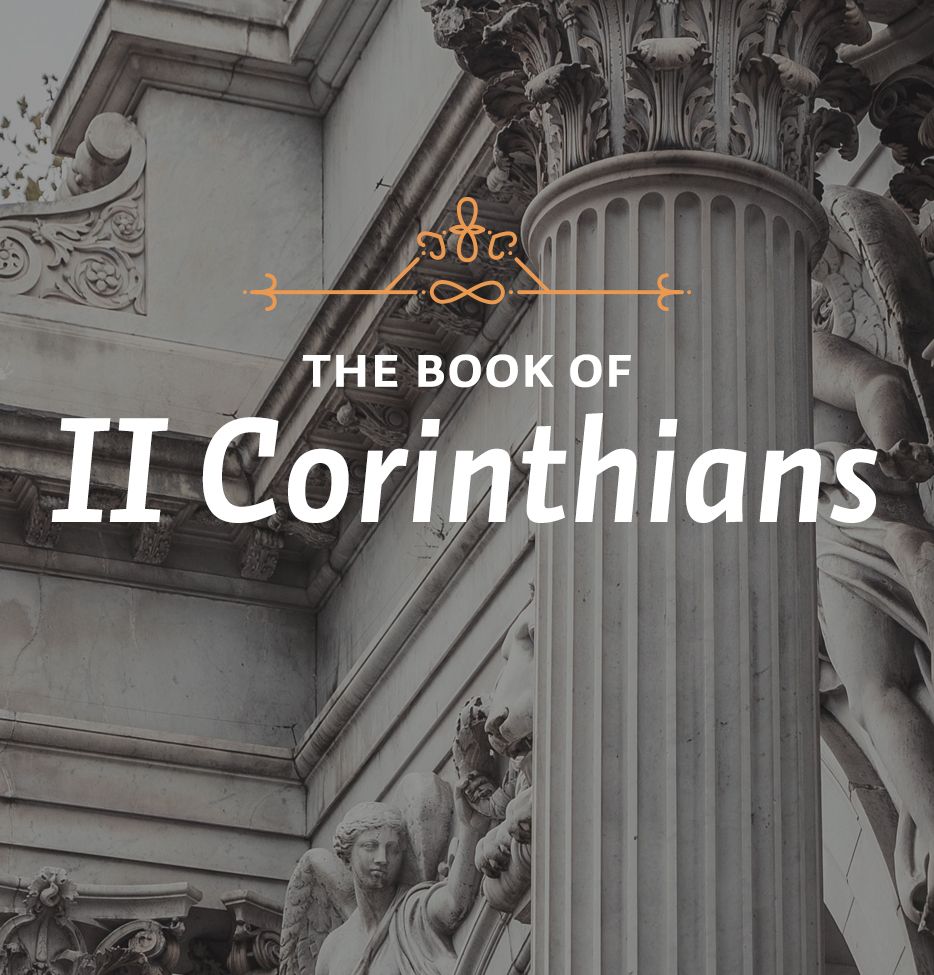Biblical Separation2 Corinthians 6:14 – 7:1Theme: Purity.This week’s lessons teach us the cost of holiness.
LessonSeparation is to be setting apart unto God. This is really what sanctification is all about. Sanctification is consecration. There are many things that, as a Christian, you will not do and lots of trouble you will not get into, not because you are not capable, but because you will be too busy doing the Lord’s work. You will not even think about such things because you will primarily want to please God. Instead of criticizing others, you will hope for and be glad when they also try to please God. And you will rejoice in all of that together.
The Apostle Paul who wrote this section is the very man who was criticized by his Jewish compatriots because he sat down and ate with the Gentiles. But he defended that practice, saying, on one occasion, he had learned to be all things to all men. He was a Gentile with the Gentiles and he was a Jew with the Jews. This did not mean that he compromised. He wanted to serve God and minister to people. That is a great measure of Christian maturity.
The third principle is this: separation, where it does occur, must be radical. You can’t miss this point. Paul’s words embody it. “Come out from among them and be separate.” However, we do have a problem at this point. We have to live in the world. And although we desire to be instruments of righteousness, we live in a world of wickedness. It just is not possible, in every situation, to be separate.
So, what does it mean? How can you make a radical separation from the wickedness of the world and at the same time be in the world as the Lord Jesus Christ wants us to be? Let me suggest that the degree to which we are radical in our separation must depend upon the intimacy of the relationship.
Of all the relationships we have in life, the most intimate is marriage. It is the most intimate union. The real “yoking together” of two people – to use the term that Paul does – is to be found preeminently in marriage more than any other relationship. If we apply this principle of separation, radical separation, it must certainly mean that – without any compromise whatsoever – a Christian is not to marry a non-Christian because what do righteousness and wickedness have in common, what fellowship can light and darkness share? There is just no compromise at this point. That is what I mean by radical.
You cannot say, “Well, he is on the way to knowing Christ.” Or, “I really think she wants to be a Christian.” You just cannot do that. If a marriage is to take place, the person must first be converted. If he or she is not converted, do not get married. Now, sometimes God is gracious and saves an unbelieving spouse after the wedding, but you cannot count on that. For every one example that a minister can point to of that happening, there are tens, even dozens, that go the other way where, instead of converting, the unbeliever drags the Christian down and life becomes a miserable thing indeed.
Let me give a word of caution to those of you who are single, have thought about marriage, and would prefer to be married. It is much better to be single than to be in that kind of unequally yoked relationship. At least in remaining single, you are being obedient to the Lord.
Next, let us consider the matter of worship. In the church, we do not want to exclude unbelievers. We want them there where they can hear the Gospel. But consider the Communion service. That is another matter. When you come to the Communion service, you come professing faith in Jesus Christ in a visible way – demonstrating before everyone who sees, that Christ’s body was broken for you, by your eating of the bread, and that his blood was poured out for you, by your drinking of the wine. This is a very serious matter.
Therefore, we say when we have our Communion service that the Communion service is for believers only. That is our practice. It is true that we have a diversity of people in the church, which includes unbelievers. But at the point of the Communion service, we require faithfulness.
Study Questions
According to Dr. Boice’s teaching in today’s lesson, what is true sanctification?
In what practices did Paul exhibit Christian maturity?
What is the third principle of biblical separation?
On what criterion can we base a decision for radical separation?
ApplicationMake a list of the various relationships in your day-to-day life. Are there any from which a radical separation would be appropriate? Evaluate your various relationships in light of God’s standard set forth here in 2 Corinthians 6, and then make a concrete plan to conform each one to those standards.






